University community reacts to Quebec’s new academic freedom bill
While some applaud the government’s approach, others find it lacking.
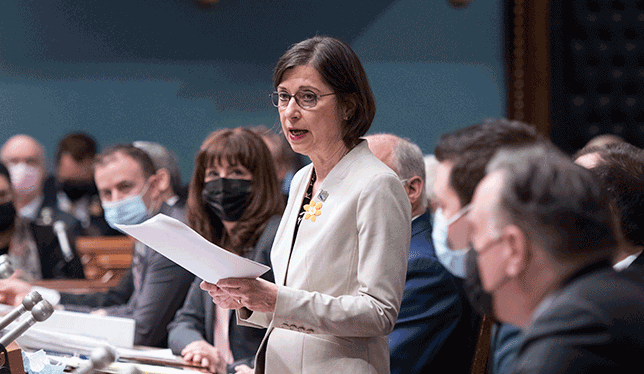
On April 6, the Quebec government unveiled Bill 32, which addresses academic freedom in the university sector. Certain sections of the bill attracted criticism from the academic community, which was unanimous in its defence of institutional autonomy.
Bill 32 was tabled four months after the report of the Commission scientifique et technique indépendante sur la reconnaissance de la liberté académique dans le milieu universitaire (Independent scientific and technical commission for the recognition of academic freedom in the university sector), also known as the Cloutier Report. The commission strongly recommended that the provincial government enact legislative protections for academic freedom at Quebec’s universities.
The idea was met with less than unanimous approval. The Union étudiante du Québec, the Fédération nationale des enseignantes et enseignants du Québec (FNEEQ-CSN) and the Bureau de coopération interuniversitaire (BCI), among others, preferred that each institution adopt a statement of principles with regard to academic freedom. BCI declined to comment on the current version of the bill.
The Centrale des syndicats du Québec (CSQ) and the Fédération québécoise des professeures et professeurs d’université (FQPPU) were both in support of the legislative route, an initiative that was in fact spurred by FQPPU. “I floated the idea of an academic freedom bill back in 2019, and we submitted the project to Minister Jean-François Roberge in March 2020,” recalled FQPPU president Jean Portugais. “Legislating to protect academic freedom is a strong gesture on the government’s part and will give judges clearer guidelines in the event of disputes.”

A truncated definition
With only 10 sections, Bill 32 is relatively succinct. Section 3 defines academic freedom as “the right of every person to engage freely and without doctrinal, ideological or moral constraint in an activity through which the person contributes, in their field, to carrying out the mission of an educational institution.” This freedom applies to teaching, conducting research and disseminating the results, critiquing society, institutions, doctrines, dogmas and opinions, and freely taking part in the activities of professional or university organizations.
Some took issue with this definition, including FNEEQ and FQPPU. Though it partly echoes the definition that was proposed by UNESCO in 1997 and put forward in the Cloutier Report, one key element is missing: the freedom of teachers to freely express their opinion about the institution or system in which they work, and freedom from institutional censorship.
“This is a major aspect of academic freedom being left out,” said Christine Gauthier, vice-president of FNEEQ-CSN. “The bill leaves out the part of the UNESCO definition that best protects our members. The government ought to specify that academic freedom supersedes institutional loyalty.”
FNEEQ-CSN would also like to see CEGEP teachers covered by the bill. Meanwhile, FQPPU wants the bill to include protection against strategic lawsuits against public participation.
University autonomy undermined
The bill requires universities to adopt a policy pertaining exclusively to academic freedom. Universities must implement measures and penalties applicable in the event of a violation and establish awareness-raising and information measures for the university community, including instructional tools and an advisory service. They must also establish a council to oversee the implementation of the policy and examine complaints about academic freedom violations.
However, the policy “must not have the effect of preventing ideas and topics that could offend from being broached during an activity that contributes to the university mission or of requiring that such an activity be preceded by a warning when it involves such content.” This spells the end of “trigger warnings” and “safe spaces” in the classroom.
While most of Bill 32 respects universities’ autonomy to manage the policy’s implementation, section 6 raised the alarm in the academic community. It statesthat “The Minister may, if the Minister considers it necessary for protecting academic freedom, order an educational institution to include in its policy any element indicated by the Minister.”
In response, acting UEQ president Jonathan Desroches said that: “Academic freedom also serves to protect institutions from state interference, and this section clearly violates the principle of university autonomy by allowing ministers to meddle with university policies.” . Unions and rectors share this view in a rare display of consensus in the academic sector.
Mr. Desroches called Bill 32 an “empty shell” that will not stop students from being hurt by things they hear in class, or teachers being targeted on social media for things they said. He believes universities should implement mediation mechanisms and increase equity, diversity and inclusion training.
Sessionals are more vulnerable
There is also worry about the lack of clear guidelines regarding the composition of the committees that will be in charge of managing academic freedom policies. There is nothing obliging universities to include sessionals, research professionals, students or support staff. “It’s very important for us that these committees be collegial and represent all members of the academic community,” stressed third CSQ vice-president Mario Beauchemin.
Sessionals, who are often excluded from university governance and whose precarious position makes them especially vulnerable to attacks on their academic freedom, are particularly concerned. “For fear of losing their job, some of these teachers censor themselves to avoid upsetting students or management,” lamented Sylvain Marois, vice-president of interunion affairs for the Syndicat des chargées et chargés de cours de l’Université Laval.
Members of the academic community will be able to plead their case at special consultations and public hearings, which are scheduled on May 10 and 11. “Our members definitely oppose the bill in its current form, but I hope the government will be open to the proposed amendments,” said Dr. Portugais. “The Quebec Press Act has been protecting journalists since 1929. It’s high time university teachers’ academic freedom should be better protected.”
Featured Jobs
- Anthropology of Infrastructures - Faculty PositionUniversité Laval
- Canada Impact+ Research ChairInstitut national de la recherche scientifique (INRS)
- Soil Physics - Assistant ProfessorUniversity of Saskatchewan
- Engineering - Assistant Professor, Teaching-Focused (Surface and Underground Mining)Queen's University
- Director of the McGill University Division of Orthopedic Surgery and Director of the Division of Orthopedic Surgery, McGill University Health Centre (MUHC) McGill University



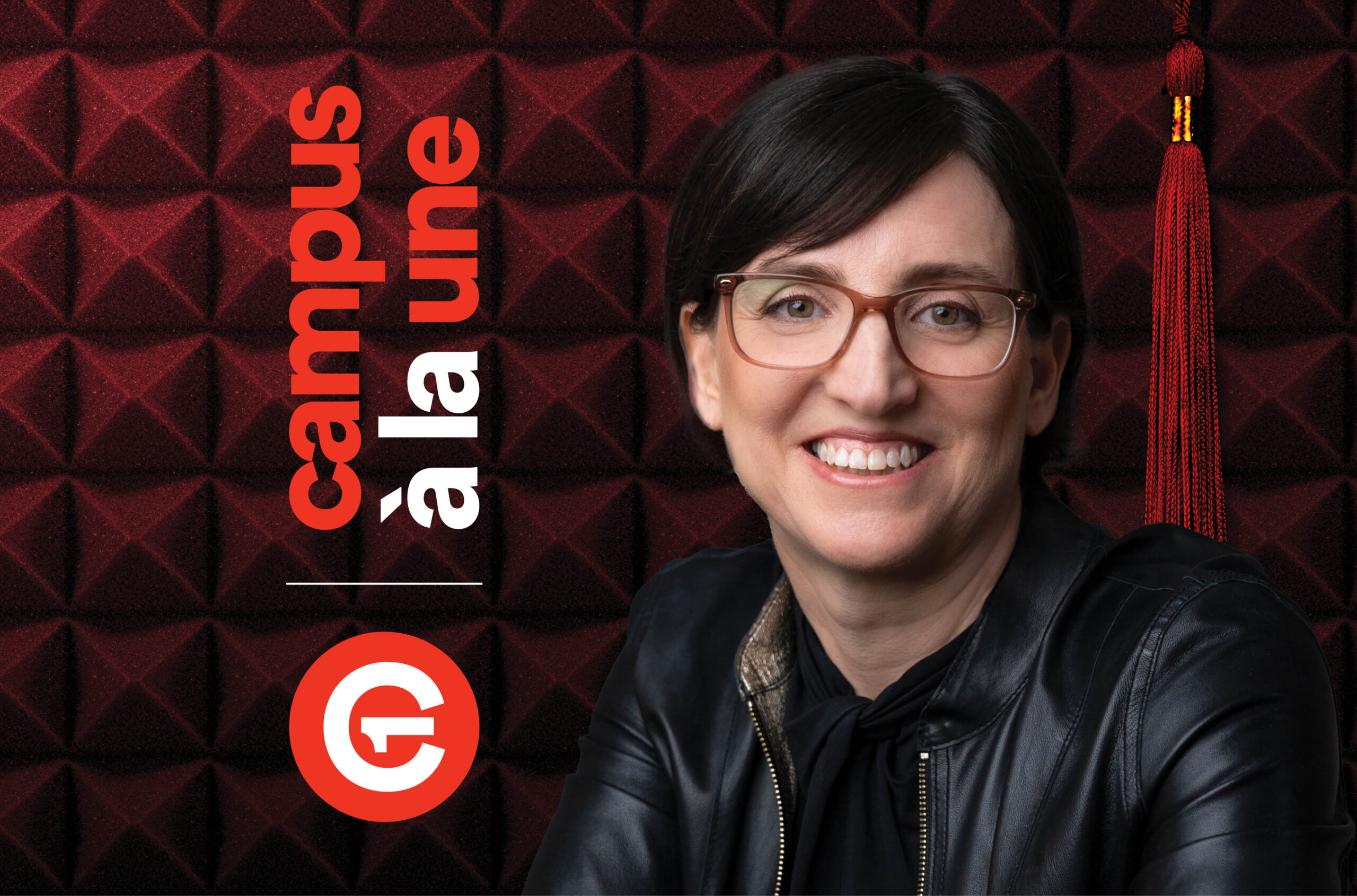


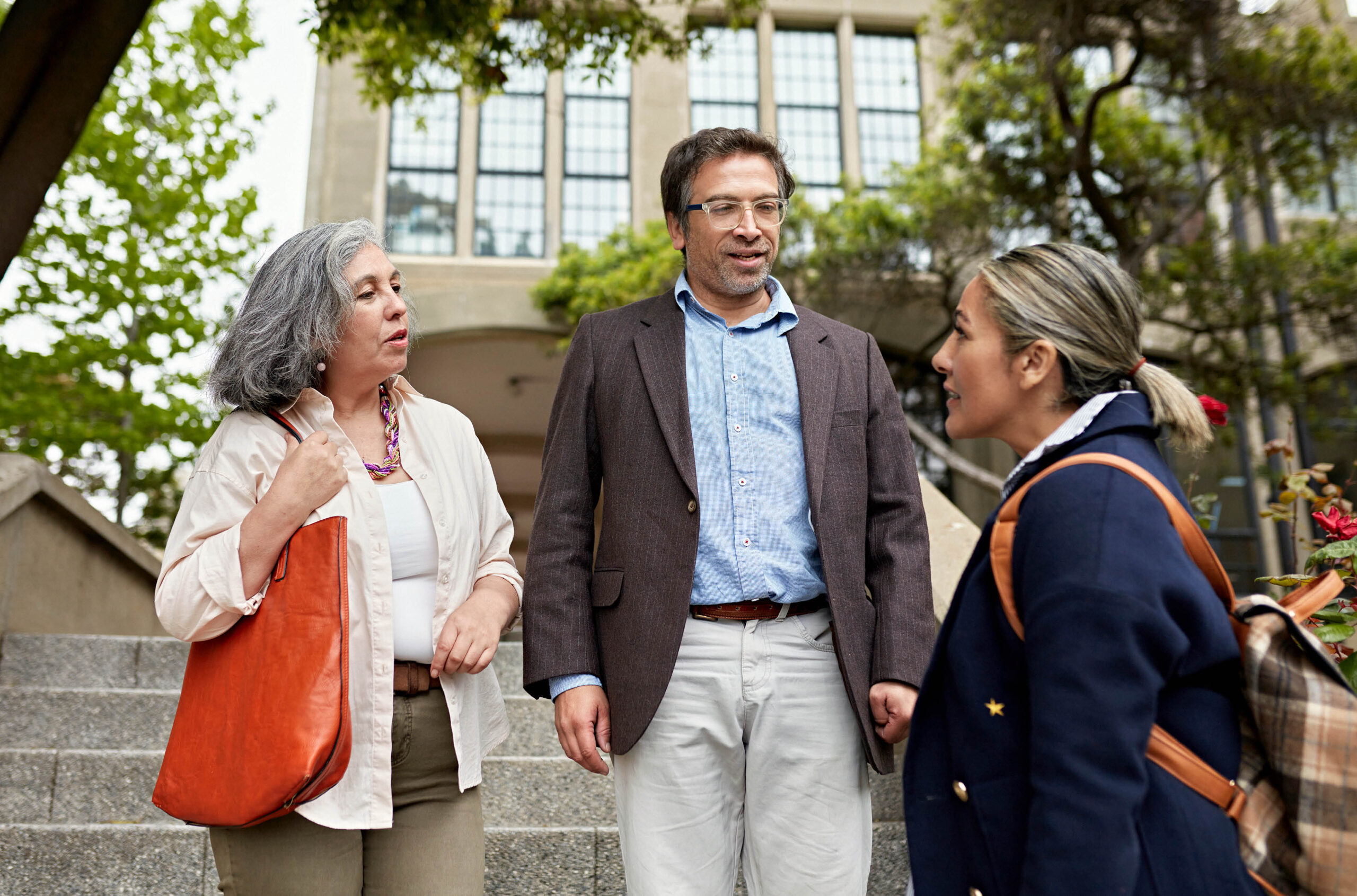
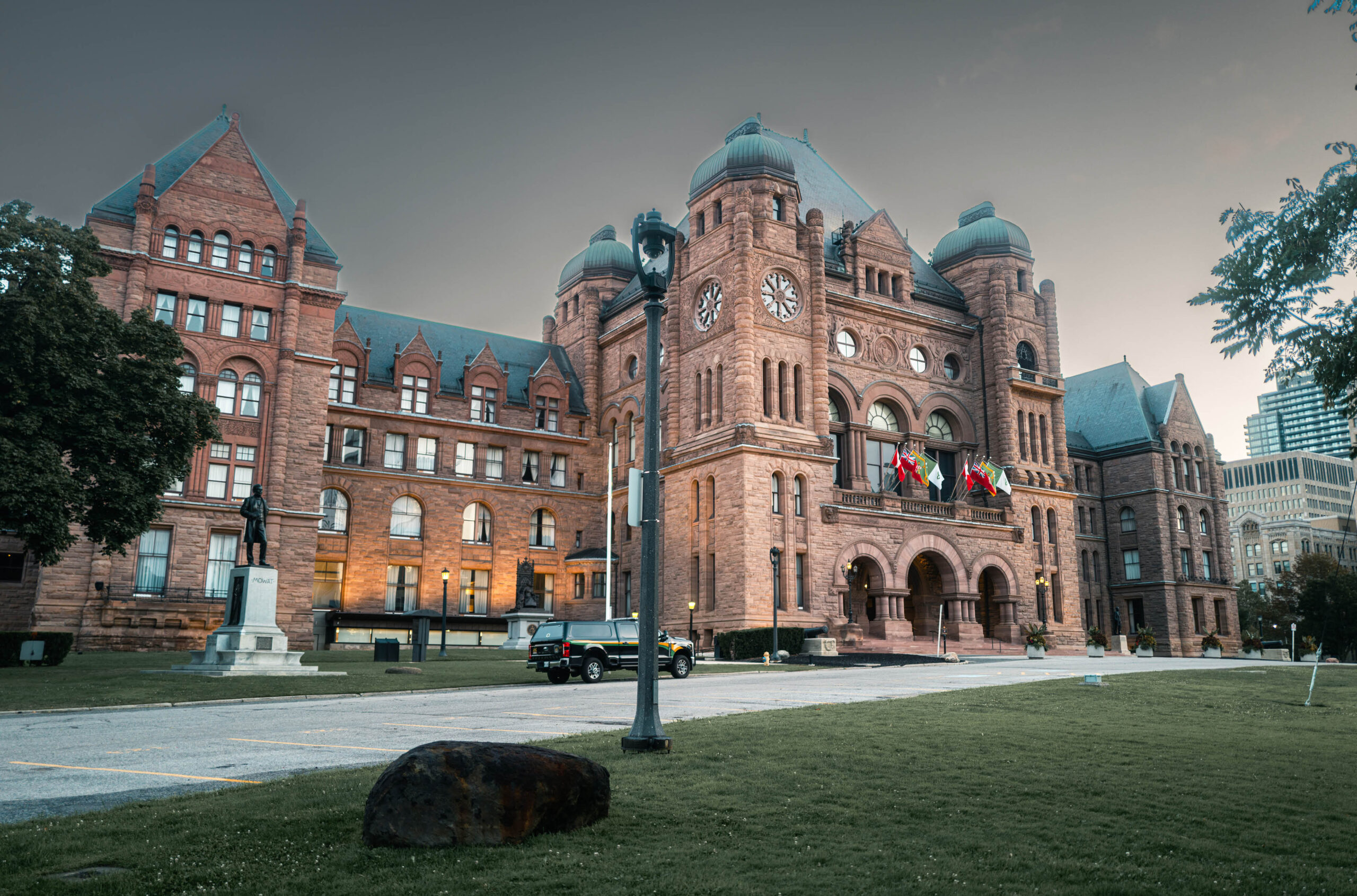

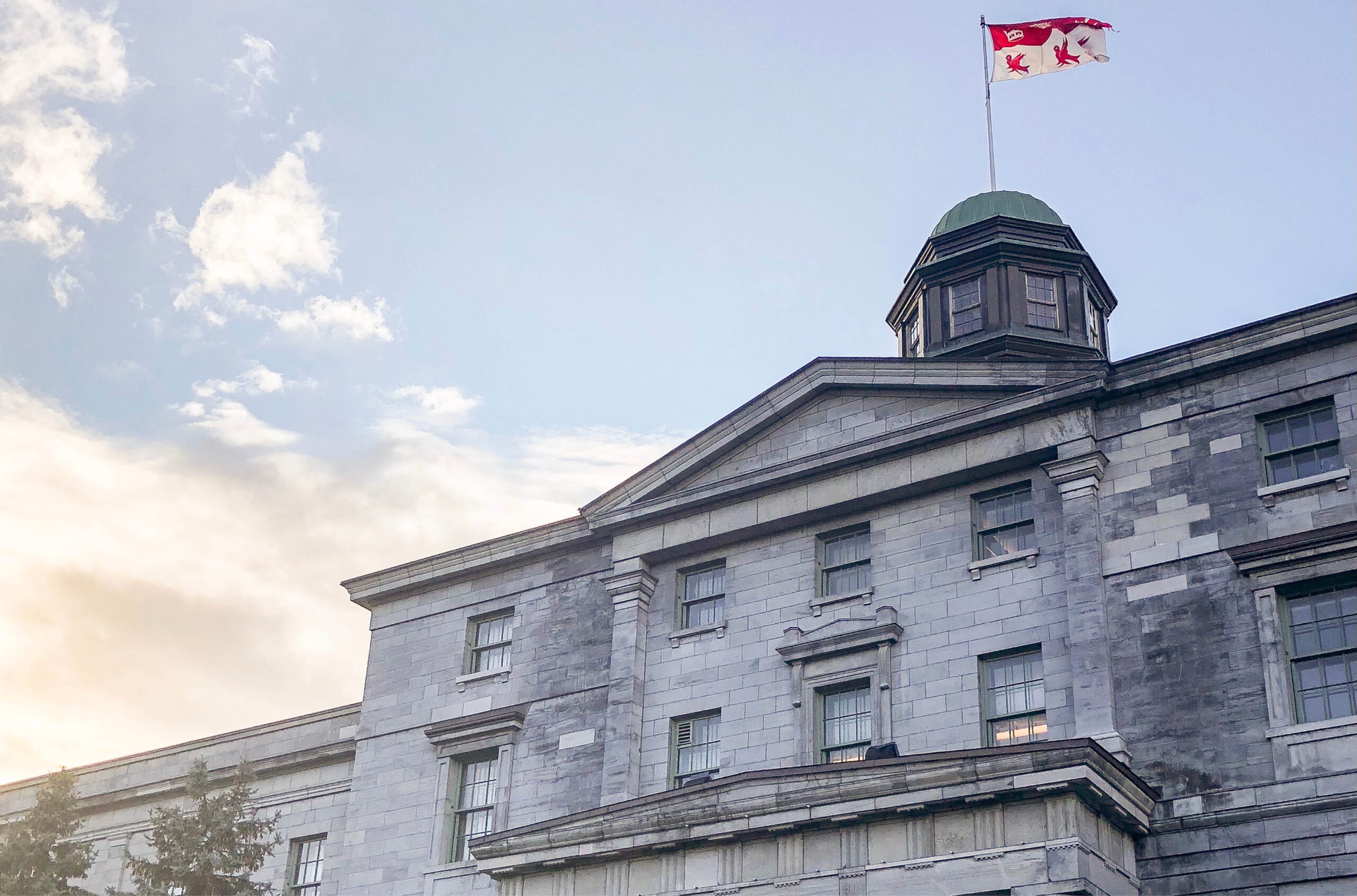

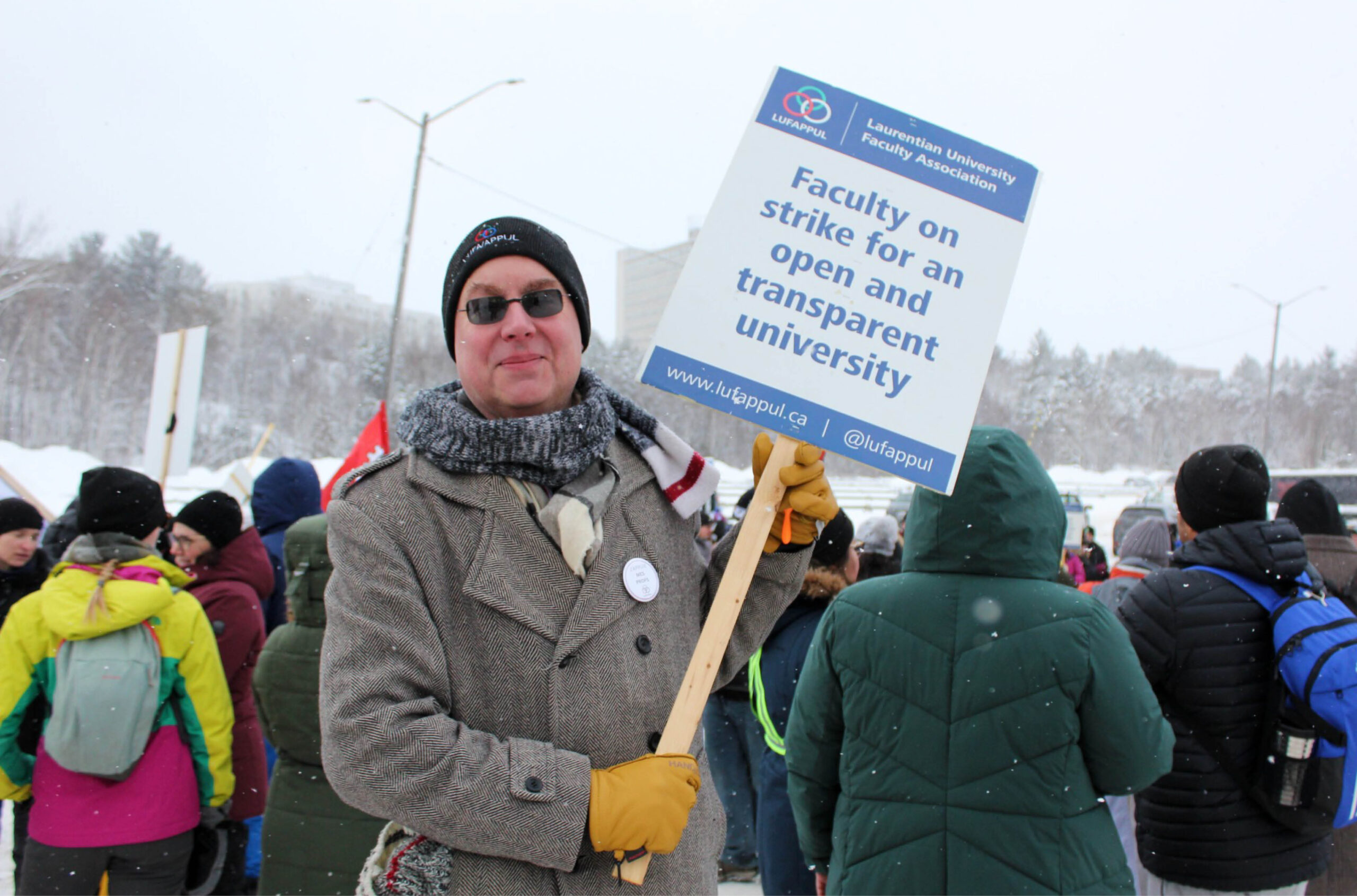

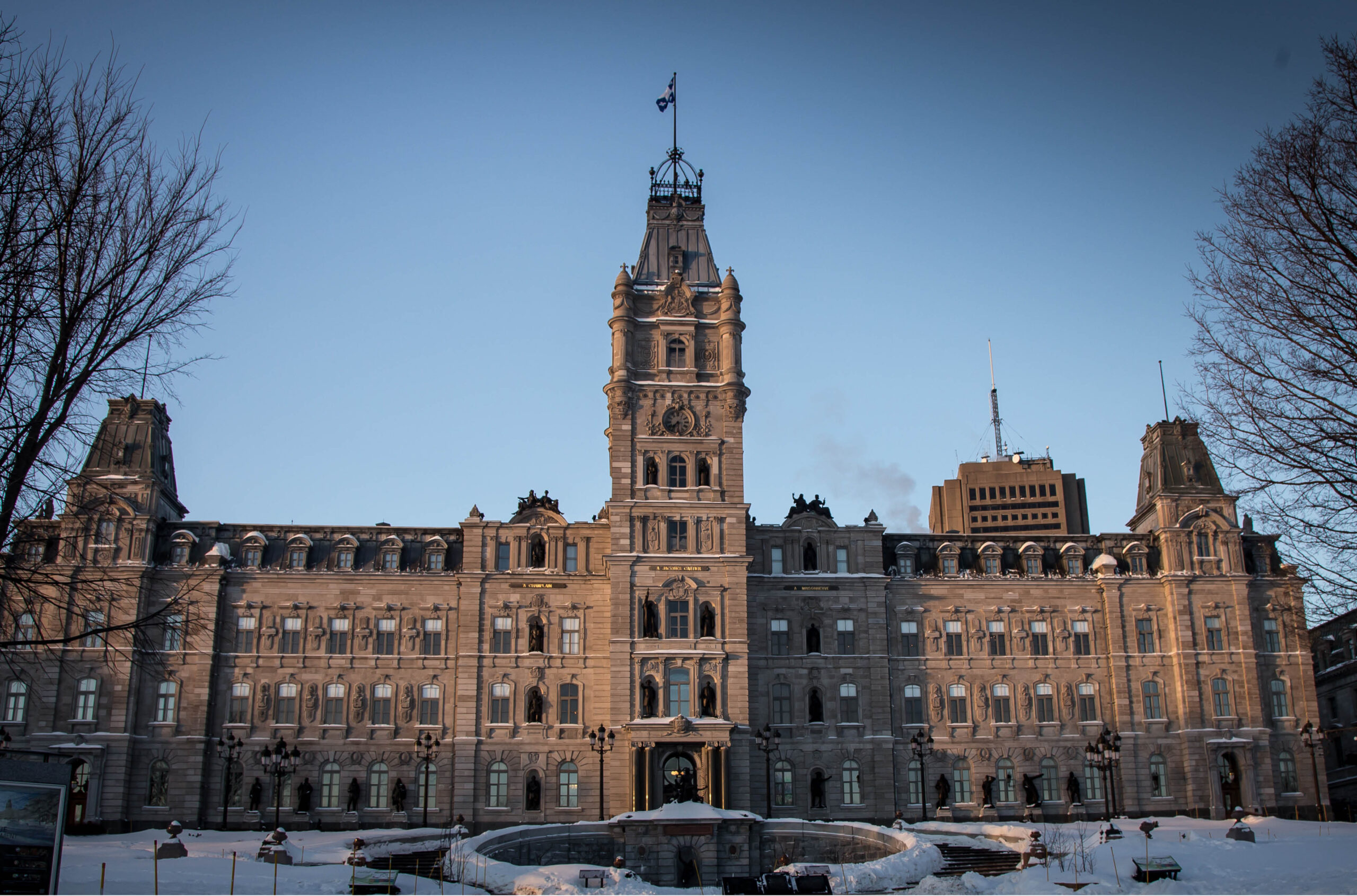
Post a comment
University Affairs moderates all comments according to the following guidelines. If approved, comments generally appear within one business day. We may republish particularly insightful remarks in our print edition or elsewhere.